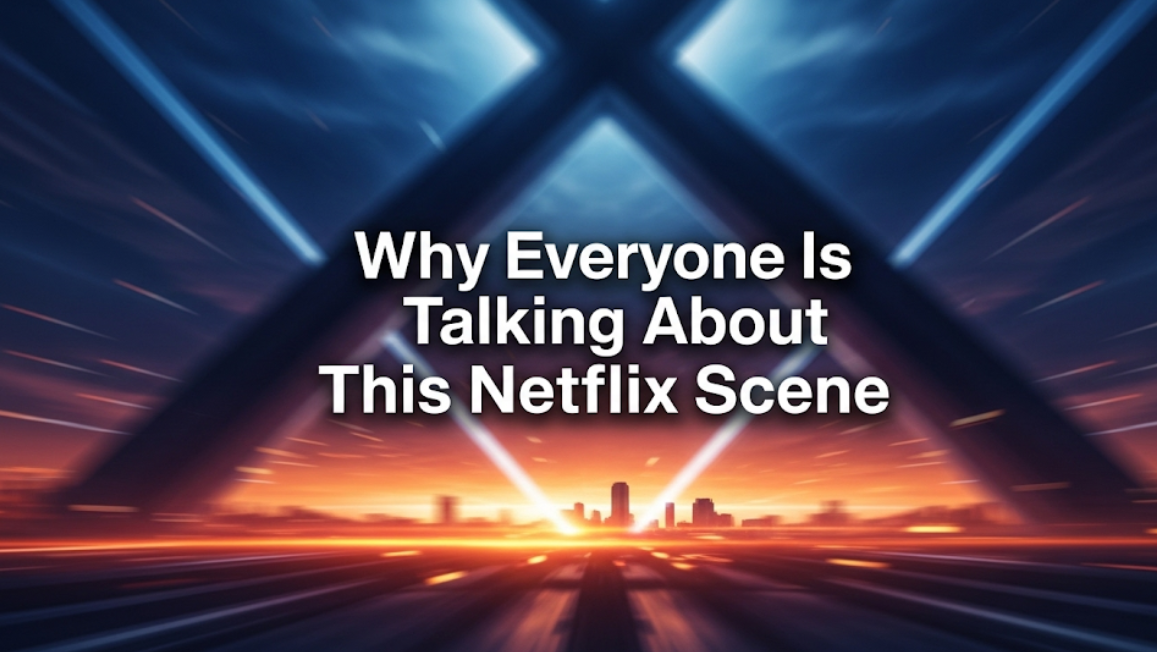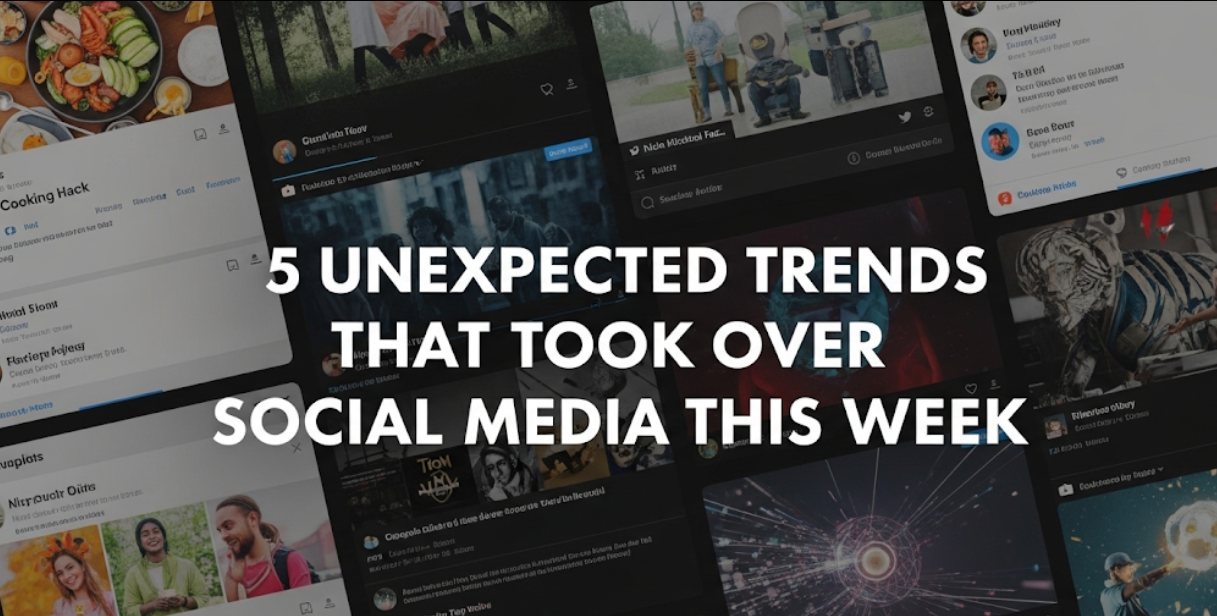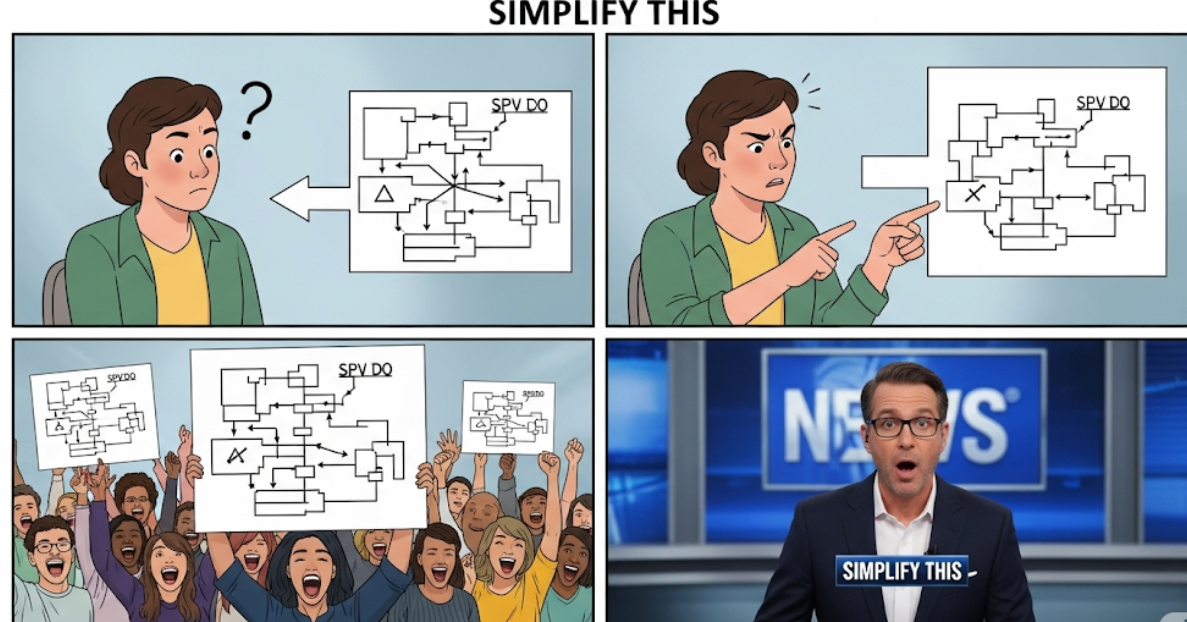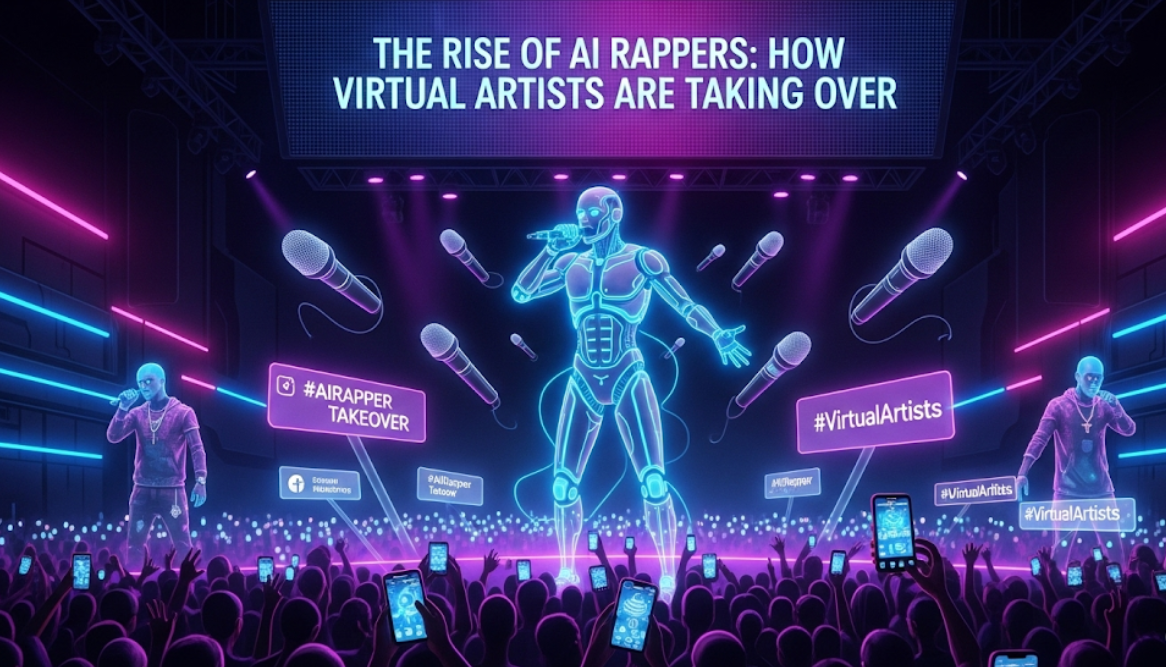Also Read: That Netflix Scene: Everything to Know About the Viral Moment Breaking the Internet
Overnight, our social feeds, forums and news headlines were exploded by single moments from a Netflix show or series trailer. Inside the Netflix smash hit and on its wider context as the new cultural fixation.
The Most Emotional Scene Since the Internet Broke
The Stunning Spit in the Mouth Temper Tantrum on Too Much
One of the most devastatingly severe gut wrenching moments in an episode of television this year comes at a particularly climactic point in Episode 4 (“Notting Kill”) from Lena Dunham’s new Netflix rom-com, Too Much. One particularly intimate scene sees one character — played by Will Sharpe — spit in Meg Stalter’s mouth. The scene has led to controversy on social media, with some praising its no-holds-barred depiction and others deeming it either shocking or off-putting. Even Stalter herself defended the scene, saying that it was rooted in emotional context and not cheap sensationalism. The Daily Beast
It’s not just tabloid fodder. It fuses levity, sex, and feeling in a way that demands attention and discussion. And it’s unusual for a rom-com setting, so it sticks.
But Why This Moment Popular?
a) Instant Shock Value
Barely anything in television commands eyes like a wrench being thrown into the gears of an emotional scene, and genre subversion is always extra shocking. This scene was a rom-com turned upside down and we all were like, “Wait, what did I just watch?”
b) The Consent Context
In stark contrast to shock, the cast emphasized that the moment felt completely natural and was born from character and relationship. This duality is what keeps so many writing about the scene online and its reception split in two.
c) Shared Experience Fuels Virality
People will race to share the out of left field. The scene became watchable-together over clips, memes, reaction threads on platforms like TikTok, Twitter, Reddit—lols or whoa or cringe or fascination.
d) Crafted by Provocateurs
Lena Dunham has never shied away from challenging subject matter — remember the outrage from all those naked bodies on HBO’s Girls? In this show, she carries on that tradition of pushing the envelope by asking: how far can humor be used as a cover for emotional truth? The Daily Beast
The Ripple Effect: Over/TOO Much
This is not an isolated case. Many moments from Netflix have recently gone viral on the internet such as —
Better Late Than Single – Viewers of the Korean dating show Better Late Than Single were left gobsmacked when a couple slept together for a night in traditional Hanok-style house. In the morning, they were found naked in bed, letting the rest up to viewers’ imaginations. It went viral, that sort of daring intimacy in an unscripted show. Indiatimes
Stranger Things Season 5 introspection – Leaked images and the teasers that followed well before anything else can happen — various assumptions and fanatic theories have emerged on every platform out there. News24
Squid Game Season 3 – Broke Over 60 Million Views in Three Days, Reactions Are Split. Statistically massive, but socially divisive. Wikipedia
Anatomy of a Netflix Scene Gone Viral
How does one go from “literally just a scene” to cultural flashpoint?
| Element | Why It Matters |
|---|---|
| Surprise Factor | Defies expectations – rom-coms go edgy, raw emotions for romance |
| Emotional Context | It is not just pasted on top, it has a meaning in character and plot |
| Shareability | Easy clip, meme, quote — great digital firestarter |
| Controversy Trigger | Inflames debate—overstepping or necessary realism |
| Creative Choice | Made on purpose to inspire, move or confront |

The Broader Impact
A. A Turning Point in Netflix Rom-Com Expectations
I mean… No more super boring setups right? The dirty work has been done, people know that people have emotions and they want to hear how it really is, the messy, uncomfortable, surprising feelings.
B. Viewers Crave Authenticity
In its willingness to bare all, even when it gets a little uncomfortable, this is part of a broader trend in media—audiences crave content that feels raw and unmediated.
C. Shock + Share (Streaming Culture Booms)
It suggests Netflix—and other similar platforms—could be further embracing the power of virality. Instead, the provocative scene itself is promoted as its own marketing engine, encouraging viewers to chat about how stunned or mad they are.
Risk and Reward in Storytelling
High stakes for bold creative choices. Whether they can be the very thing that takes a show from entertaining to unmissable or see it become the talk of Twitter (not necessarily always in a good way!) In the case of Too Much, it did both, and the conversation continues.
Final Take: Why We Keep Talking About that Scene
It hit us out of the blue—rom-com meets gut punch, clever and searing.
It meant something narratively, not just gratuitousness evidenced by the actors themselves. The Daily Beast
This is the sort of complexity that the internet loves: not just new and attention-grabbing, but also polarizing, multi-faceted, in a word thorny.
And it’s a sign of new wave storytelling, in which emotion is prized above comfort.
In Summary
The Netflix Scene is all over the conversation because it becomes a perfect example of how today’s viral recipe works: A surprise tipped by surprise context that also tips enough ambiguity that people talk about it. It’s raw. It’s intimate. It’s a moment that doesn’t easily conform to expectations, which is why it proliferates.






